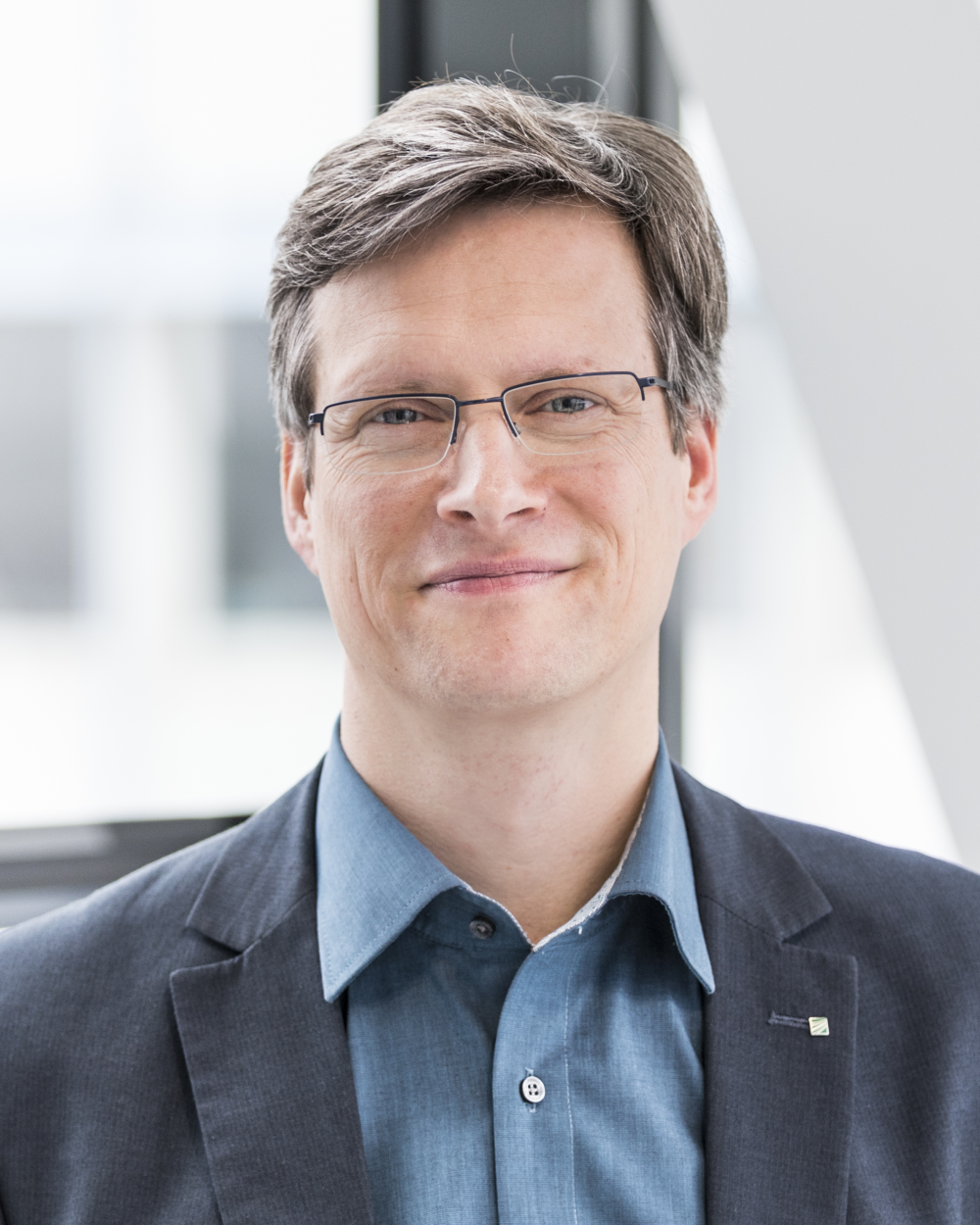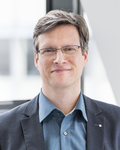Of diamonds and heart beats: How quantum technologies conquer medical technology
Where did you first come in contact with the topic of quantum technologies and why does it still fascinate you?
I have known about the possibility to measure very weak magnetic fields of biological origin for a long time. Over the last ten years, significant progress has been made in making the technology more robust and compact at the same time. This creates exciting new opportunities in medical diagnostics.
For many people, quantum technologies are still very much a thing of the future. From your point of view: Where do we stand today in terms of concrete applications of quantum methods in medical technology?
Building on the pioneering work of Jörg Wachtrupp at the University of Stuttgart, groundbreaking innovations in highly sensitive analytics are currently achieved all over the world – but especially in the „QSENS: Future Cluster for Quantum Sensors Ulm-Stuttgart“. In Ulm, new methods of metabolic imaging are developed. Together with experts from the universities in Stuttgart and Tuebingen and the Charité in Berlin, they work on new procedures to record brain and muscle signals.
One goal of this research is to control a hand prosthesis just as intuitively as you would a healthy hand. Can you summarise how a weak neuronal impulse is turned into a precise control command for a prosthesis?
A weak neuronal impulse triggers local muscle activation. This creates a magnetic field with specific spatial and temporal characteristics. This signal, we can detect - without direct skin contact even – “contactless”. Afterwards, the signal will be translated into commands like “open hand” or “close hand” with the help of classification and regression algorithms.
Your sensor utilises NV centres in diamonds to measure these magnetic fields. What makes this technology especially suitable for recording biosignals in everyday life under real conditions?
This combination of a wide range of signal detection and a high degree of robustness against external disturbances is new. Extremely accurate measurements can thus be taken even under everyday conditions.
With the Competence Centre that was founded in 2024, you can pool expertise from research and industry. What are the current key areas you focus on – and how far along are you in developing the first prototypes?
Our neuromechanics expert Dr Leonardo Gizzi could already demonstrate the controlled opening and closing of a hand prosthesis with optically pumped magnetometers (OPM sensors). Currently, we are evaluating the opportunities of neurological diagnostics with researchers Prof Markus Siegel and Dr Justus Marquetand (PD) from Tuebingen.
The miniaturisation of quantum sensors is another important goal. What are the technical and practical obstacles you have to overcome to make the technology suitable for everyday use?
Installation space, shielding against interference and efficient signal processing are the exciting challenges we are dealing with at the moment.
What can visitors expect to see on the joint Medical Technology stand at Quantum Effects 2025? Will you show any concrete examples from your research?
We will present our research on contactless heart rhythm measurement in the framework of the state project VitalQ. Visitors will get an impression of how quantum sensors will record vital parameters comfortably and precisely – a very exciting example for how this technology can be applied in medicine.
What role will quantum technologies in your opinion play in medicine in future. How can a platform like Quantum Effects support the development?
The challenges can only be mastered in collaboration between the disciplines. Quantum Effects is the ideal market place for that – it provides a space where experts from the various fields can get together to work on the medical solutions of tomorrow.
back to overview
